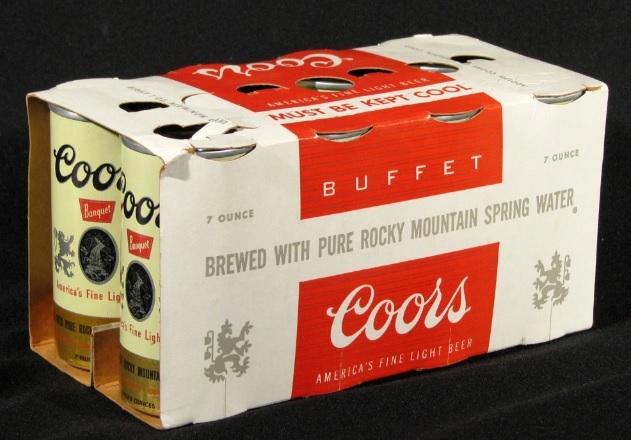

Colorado has one of the largest concentrations of beer lovers in the world. Interestingly, the state leader or the governor of Colorado John Hickenlooper himself was into beer production before beginning his political career. Colorado produces some of the tastiest and biggest names in beer, including Coors.

What is more interesting is the fact that Colorado produced the first ever aluminium beer can. On January 22, 1959, the Coors Company, based out of Golden, Colorado started packaging their beers in aluminium cans for consumers.
Tin cans had been in use since as early as the 1930s. Coors figured out that aluminium was better as the cans chill faster efficiently because of their thin and light construction. Aluminium beer cans also changed the way beer was transported for consumption.
{googleAdsense}
The aluminium beer cans of the Coors Company were printed with an iconic image of Wilson peak, located in the Rocky Mountains of Colorado. Wilson Peak is situated close to Telluride in San Miguel County.
The information is telecast on a local Channel during the History Colorado programme that provides the viewers with a historical look at moments and facts that are "Unique 2 Colorado".
Responses








